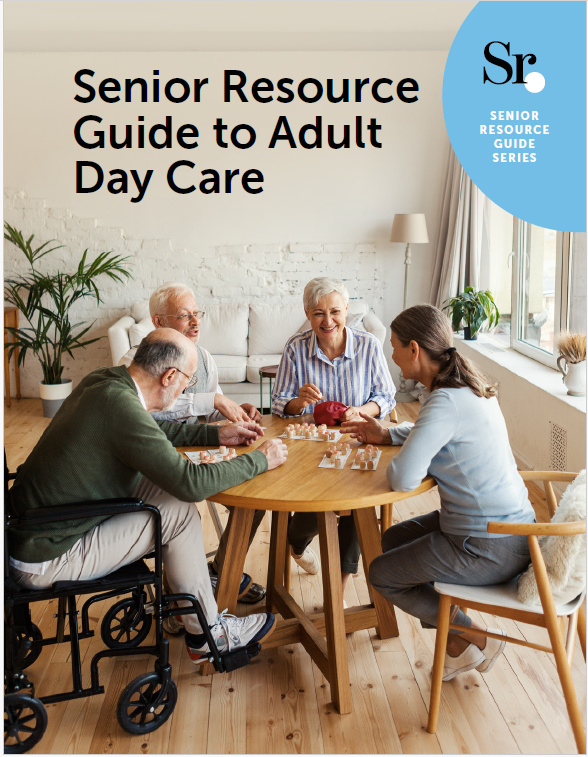What Is Respite Care and Where Can I Find It?

respite (noun) re·spite | \ ˈre-spət 1: a period of temporary delay 2: an interval of rest or relief
Respite care is any service or support that provides short-term relief to caregivers. Respite enables those who regularly care for a loved one to take time away from their usual duties. Many caregivers use respite when they need to work, go on vacation, or just want a break.
Where do I find respite care?
Respite care for your loved one can take place at home, at a center with adult day services, or at residential facilities.
At Home
Depending on your loved one’s needs or health conditions, a home care agency can provide:
- Companionship
- Personal care assistance (help with grooming, bathing, eating, mobility, etc.)
- Home health aides
- Medication reminders
- Homemaker services
Adult Day Services
Adult day services offer professional care, socialization, and enrichment opportunities in community-based group settings. You can usually expect these programs to provide:
- Door-to-door transportation
- Health monitoring
- Meals and snacks
- Personal care assistance
- Social activities
- Arts, crafts, and games
- Exercise
- Outings and outdoor activities
Residential Facilities
Assisted living facilities or nursing homes may offer care to non-residents on an as-needed basis. Respite in a residential facility can include:
- Overnight stays
- Health monitoring
- Medication distribution
- Skilled nursing
- Meals and snacks
- Exercise and enrichment activities
How much does respite cost?
Respite care is charged by the hour or per day. Though the overall cost will depend on location and care provided, adult day services are typically the most affordable with a national average of around $78 per day. In-home care averages about $25 per hour and residential facilities are closer to $26 per hour.
How can I pay for respite care?
Many choose to pay out-of-pocket, but there are plenty of other options that can help pay for respite care.
Medicare
Medicare Part A covers respite care if it is part of a patient’s hospice care and only if it is taking place in an inpatient facility that is Medicare-approved. It will pay for 5 consecutive days of care.
Veteran’s Benefits
A great way to help cover care costs is to utilize VA Aid and Attendance benefits. These benefits may provide additional monthly payments to veterans who need assistance with activities of daily living (ADL) or are housebound. However, the VA also offers inpatient respite for up to 30 days for qualifying veterans.
Long-Term Care Insurance
This is supplemental insurance that helps pay for costs associated with long-term care. Most policies include respite care, but be sure to check for yourself!
Related: Long-Term Care Insurance Basics
Community Support
Your local Area Agency on Aging may provide resources that can help you pay for care. And, at the very least, most can give you recommendations for respite.
Related: Seniors, Find Support on a National Level With These Websites
Need help finding respite?

Caring for yourself is just as important as caring for a loved one. And, respite can help to alleviate any caregiver burnout you may be experiencing! If you need help locating help, then start with our directories for Adult Day Services and Home Care. For additional help, visit ARCH National Respite Network.
Do you have questions about hospice? Then, read our Hospice FAQ’s!
Need something else?

Want to read more great articles? Then check out our Health & Wellness Blog!
Do you want to learn about retirement planning? Then check out Bob Carlson’s Retirement Watch!
Popular Articles About Home Care
Originally published November 21, 2022







